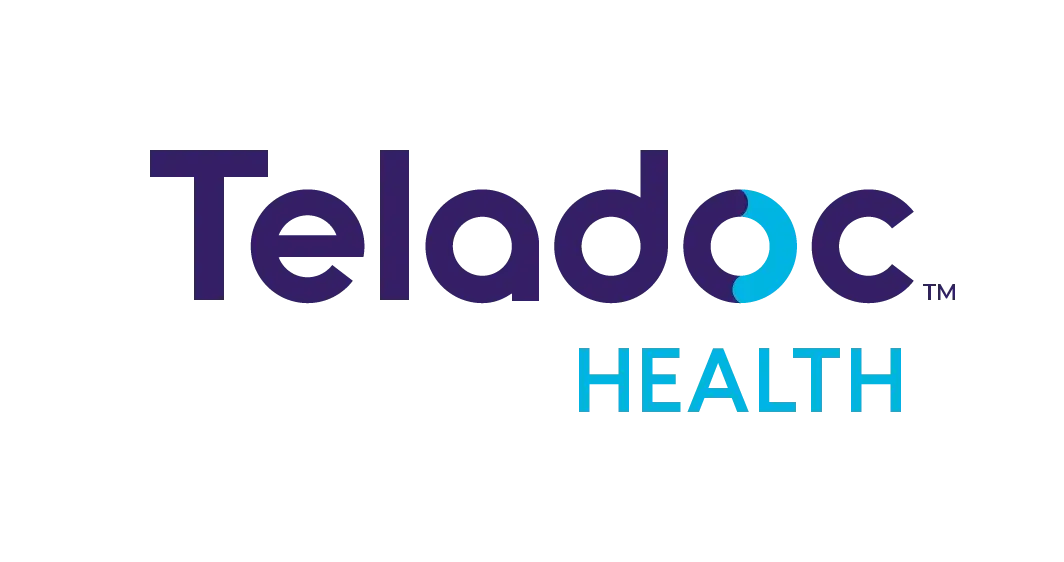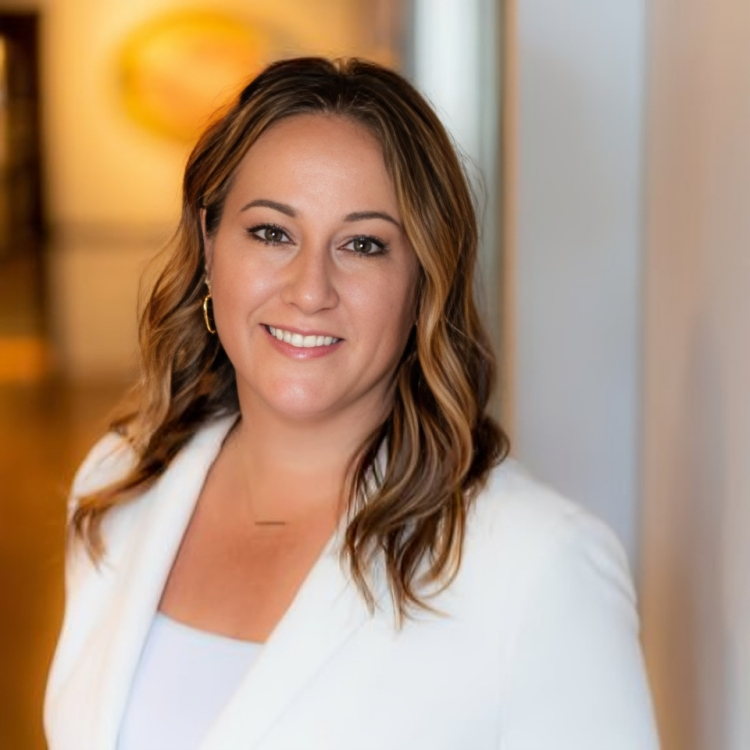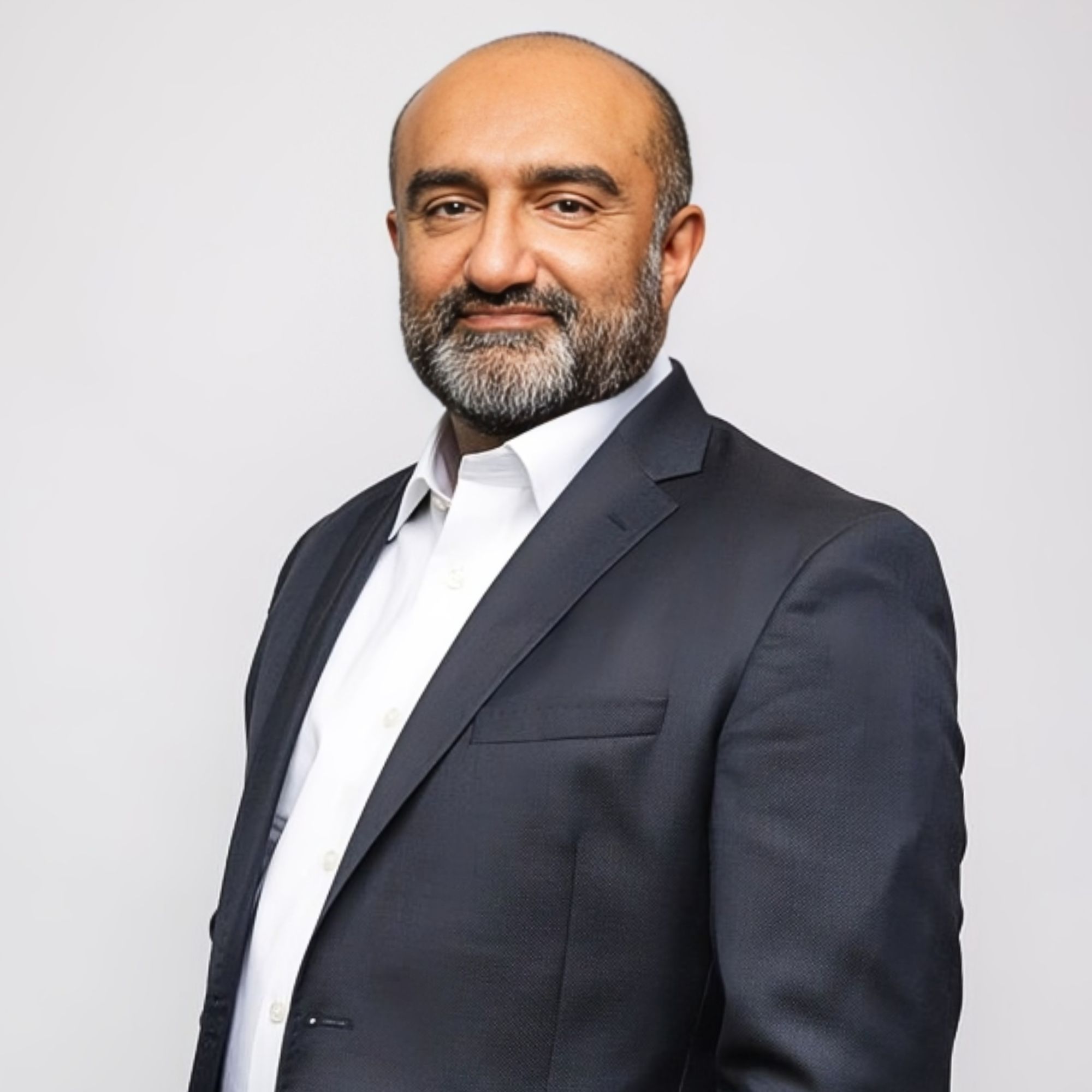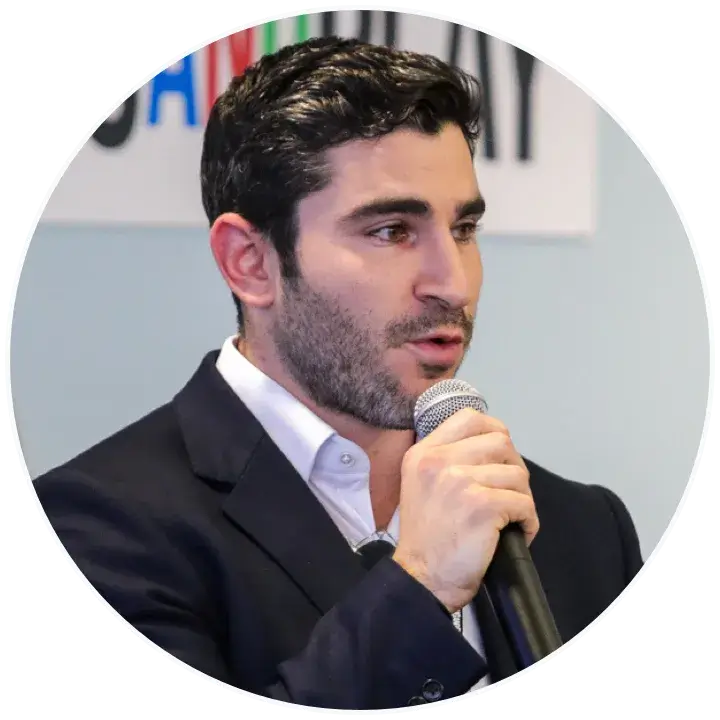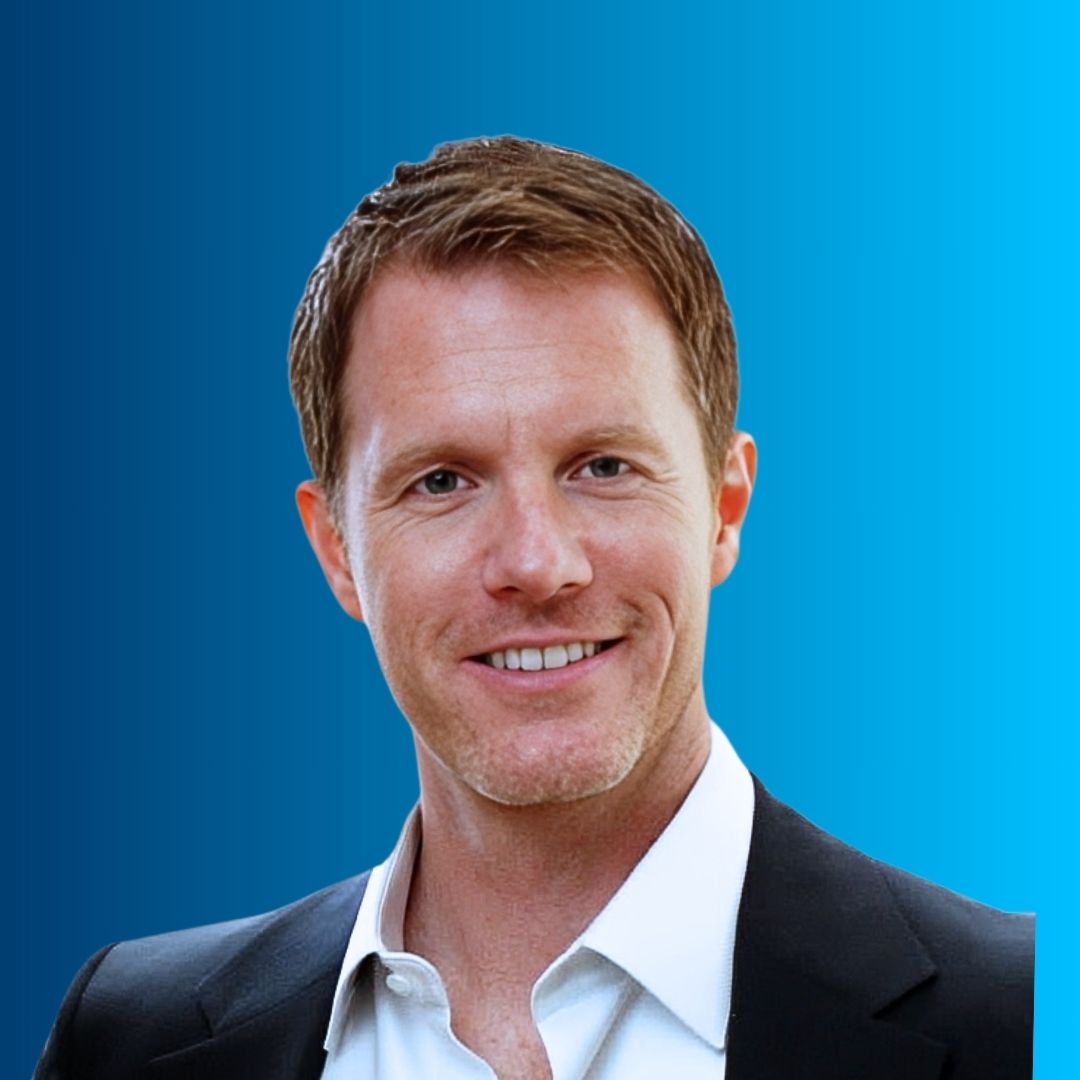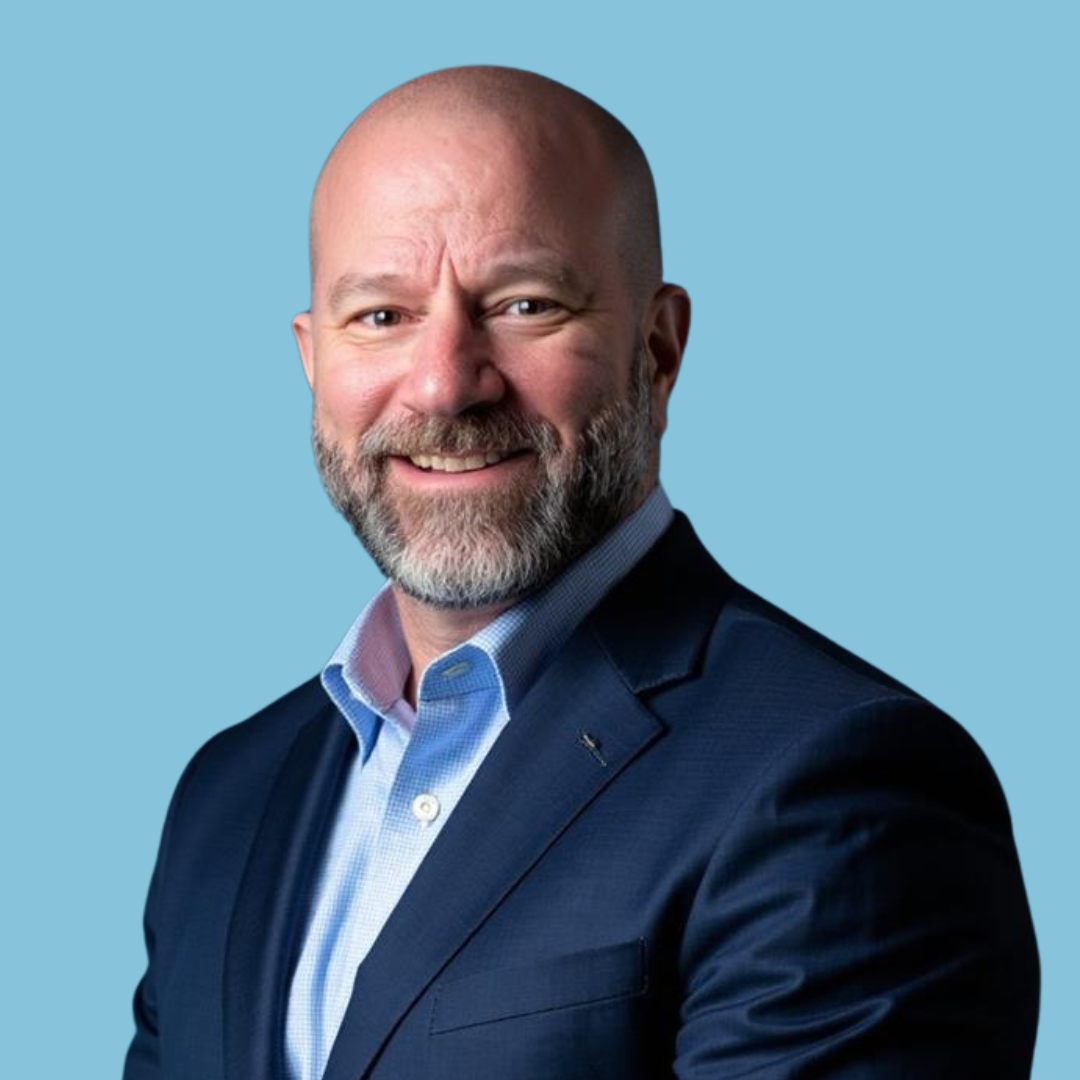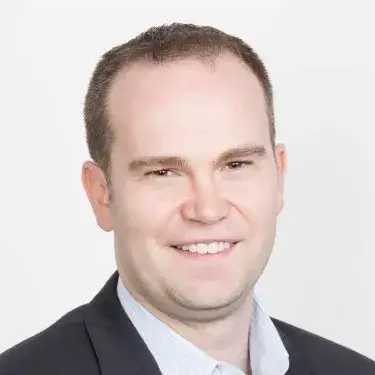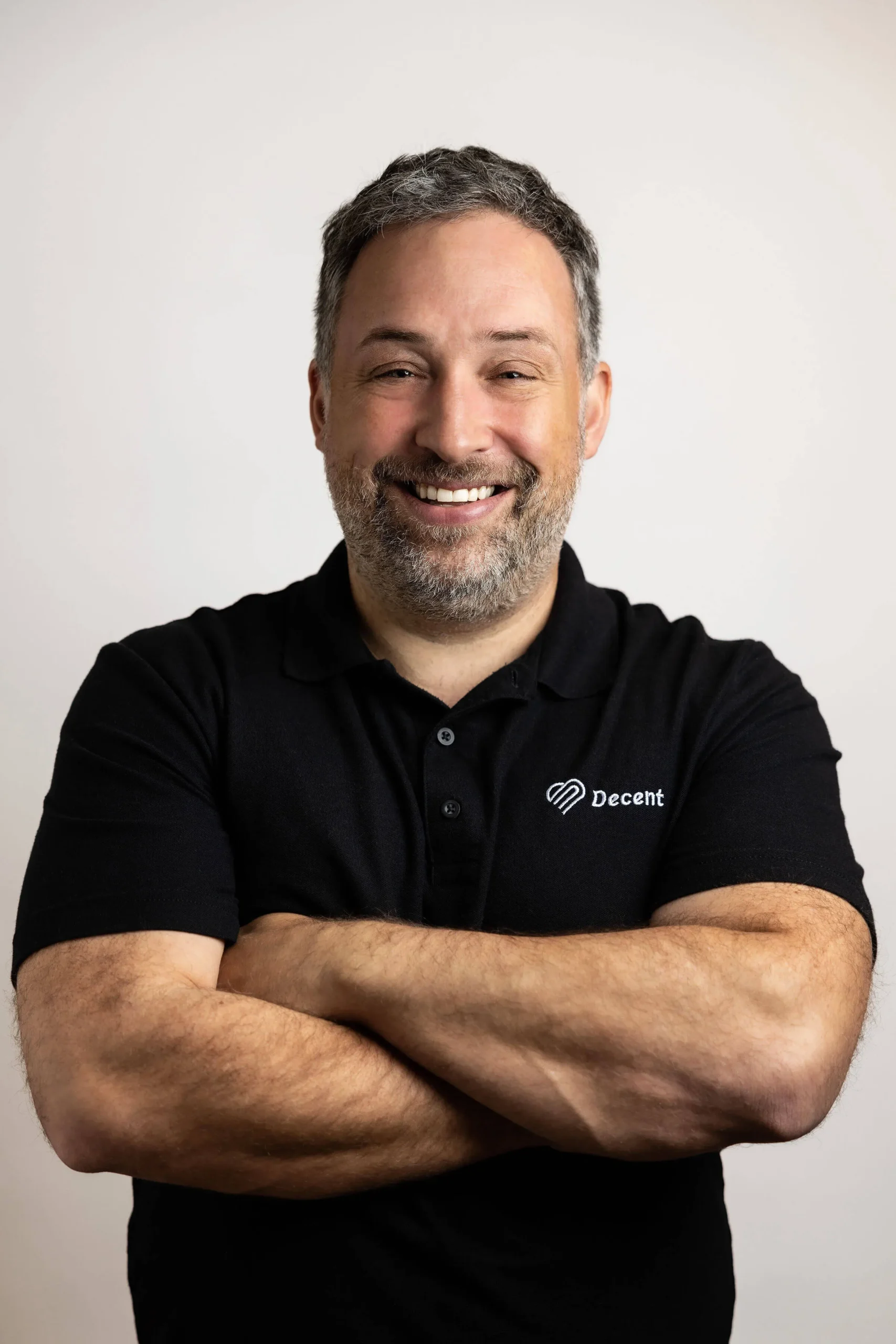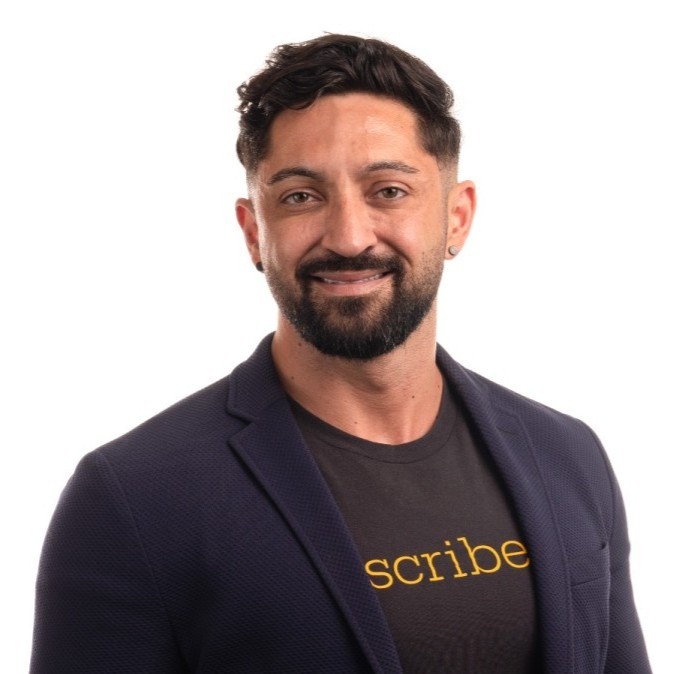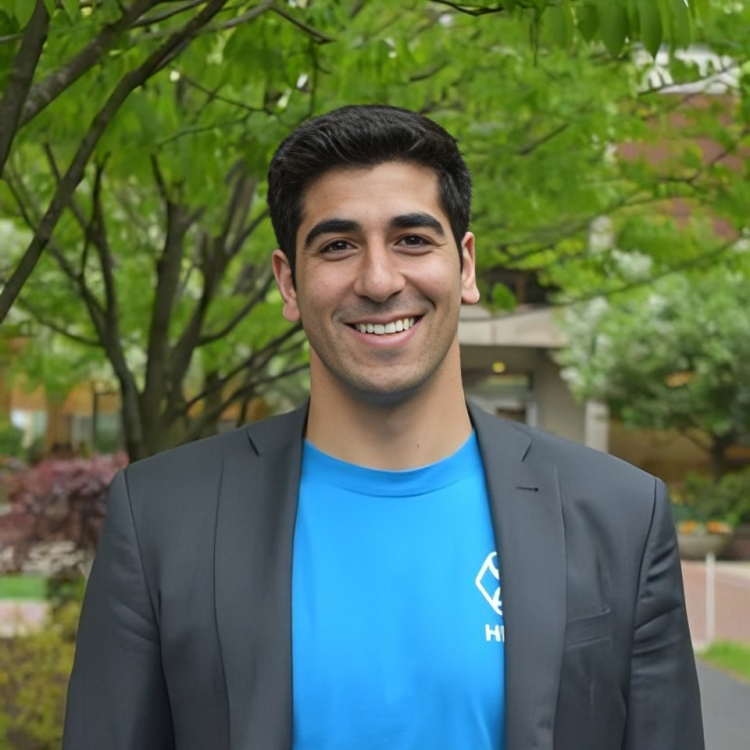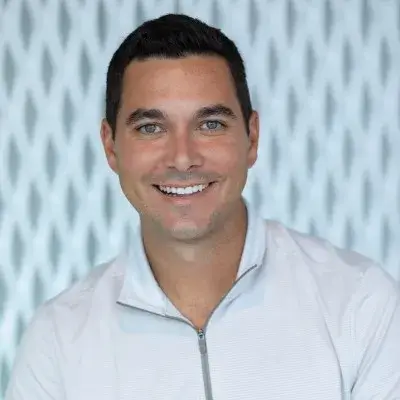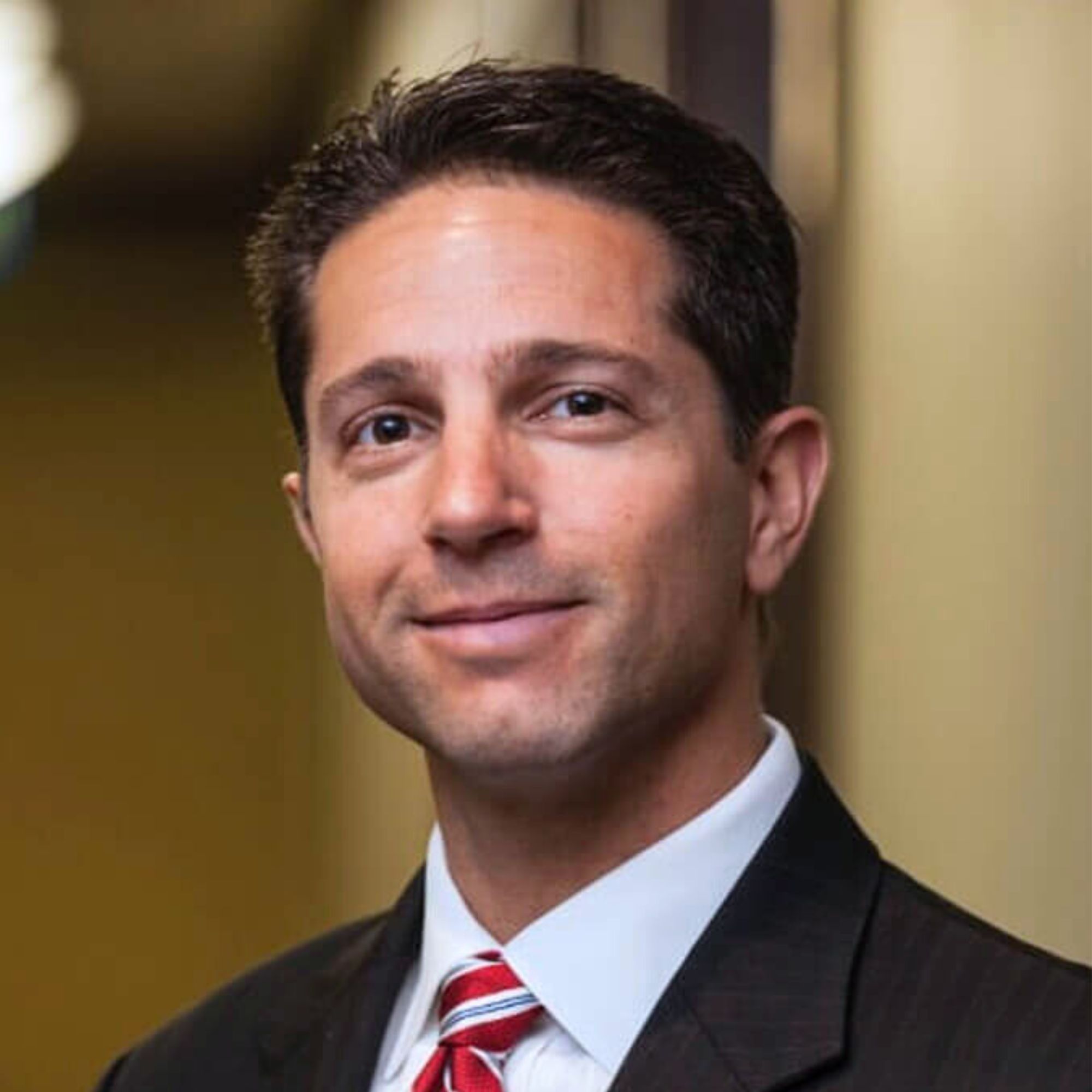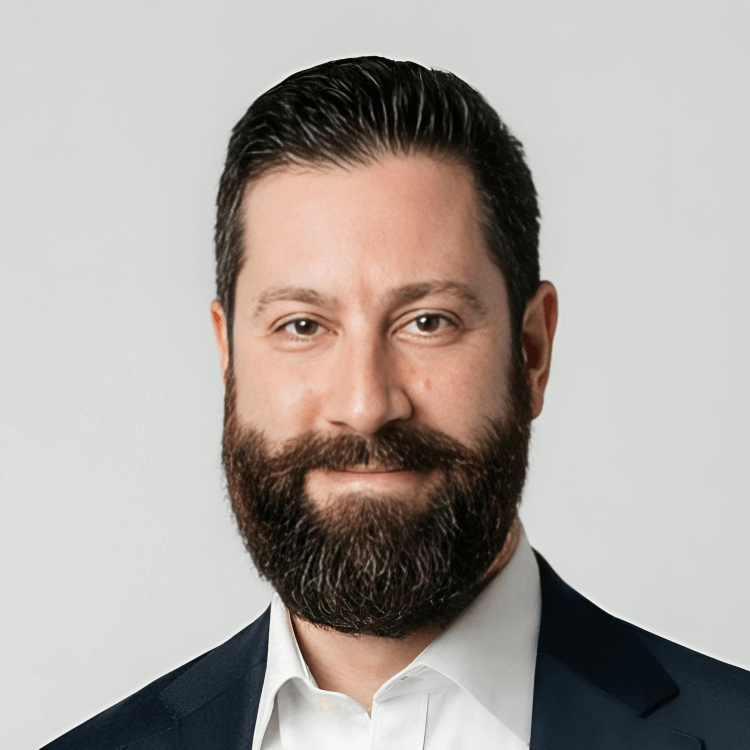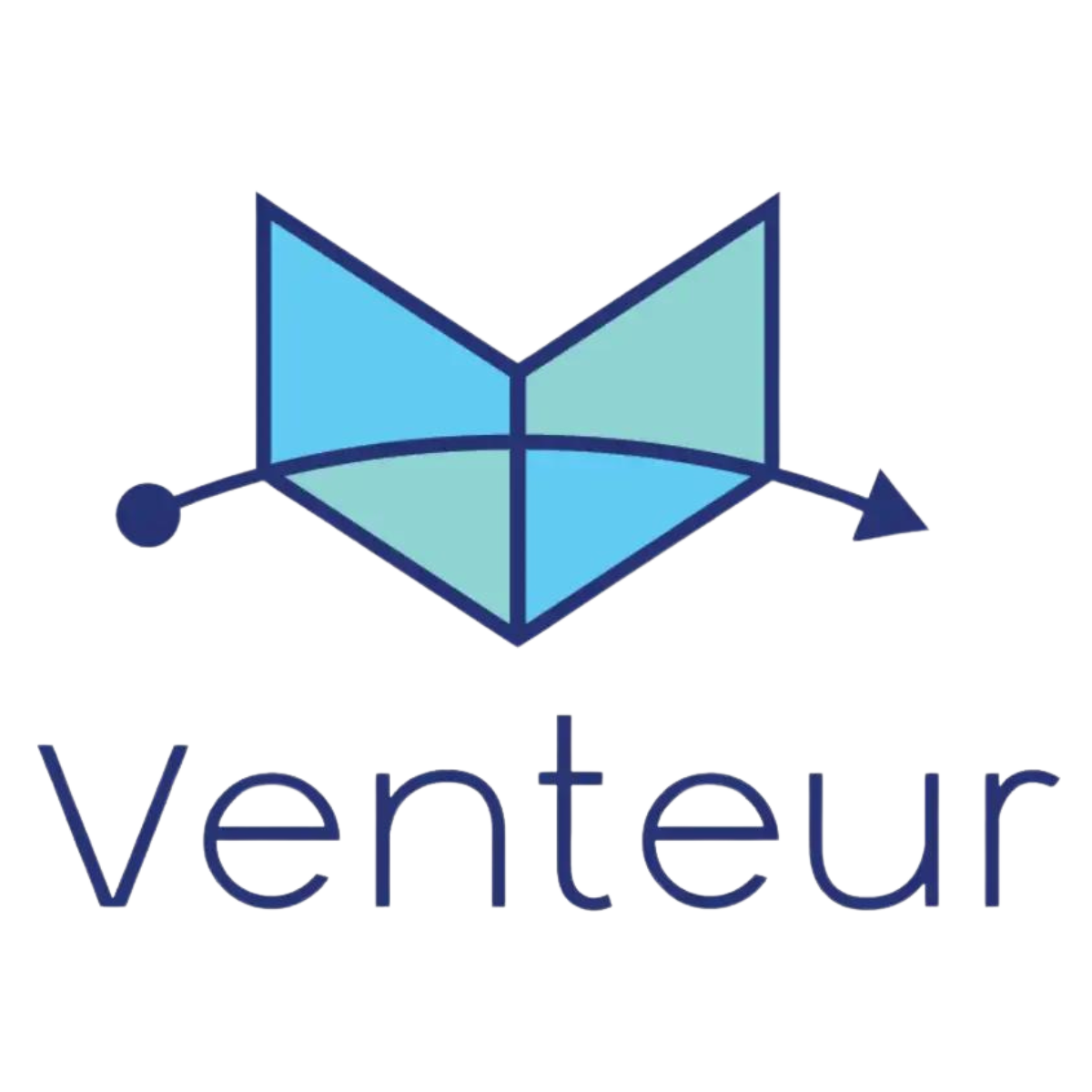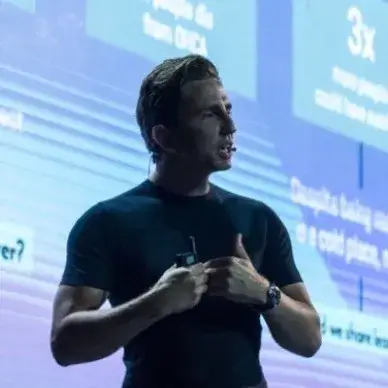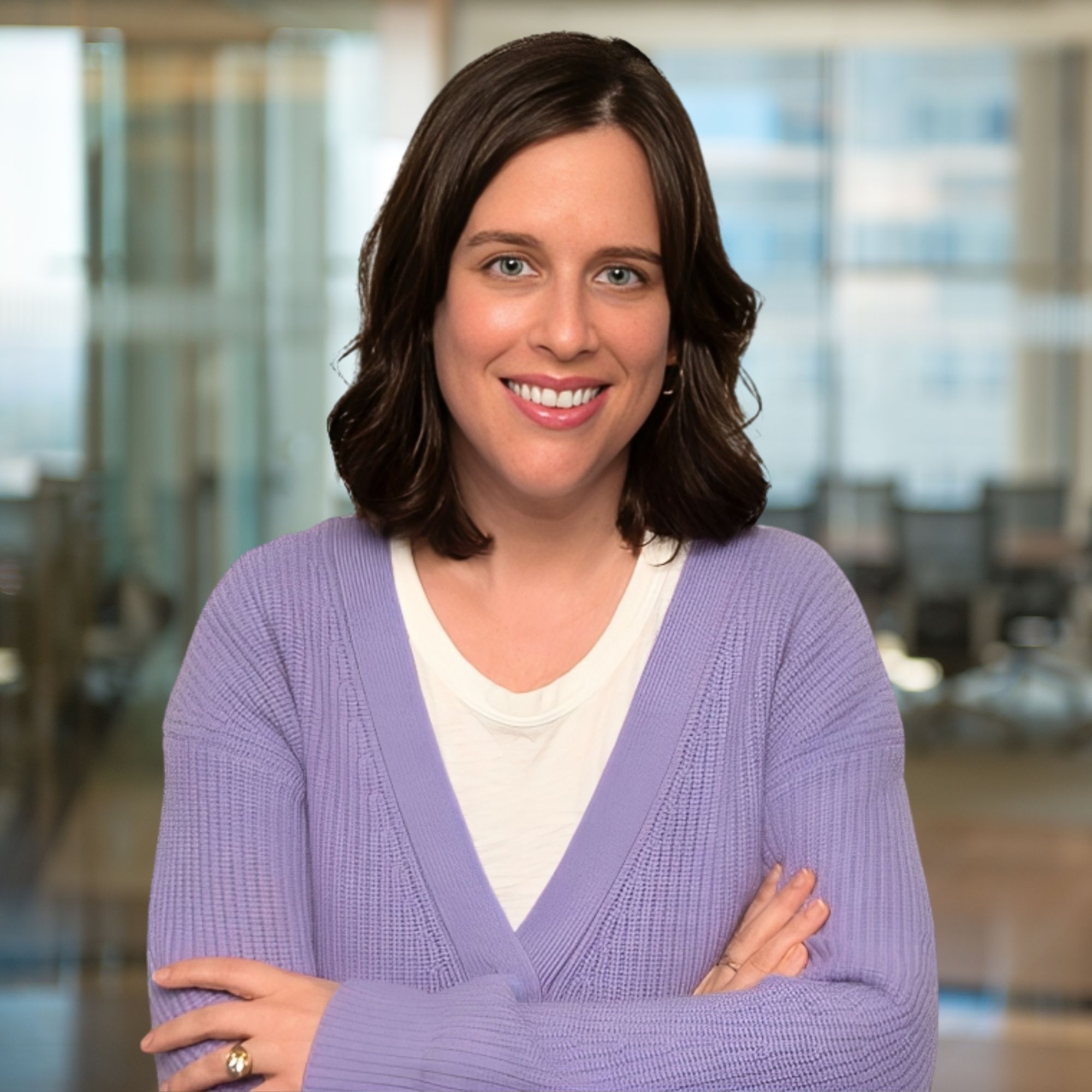Ready to build your own Founder-Led Growth engine? Book a Strategy Call

Frontlines.io | Where B2B Founders Talk GTM.
Strategic Communications Advisory For Visionary Founders
Actionable
Takeaways
Become your own first customer to validate the solution:
Marshall's team used StretchDollar internally from day one, with his co-founder in San Francisco wanting Kaiser while Marshall was in Pittsburgh where Kaiser wasn't available. This real-world constraint validated their core value proposition. Rather than compromising on a "Frankenstein sort of national but very small group plan," they gave everyone $500 monthly budgets. B2B founders should consider how their own operational needs can serve as the initial proof point for their solution.
SMB markets require ruthless cost-effectiveness in go-to-market:
Marshall learned from Gusto that targeting small businesses demands extremely cost-effective acquisition strategies. With much smaller annual contract values than enterprise clients, "you need to rely a lot on inbound traffic, a lot on customer-to-customer referrals." B2B founders in SMB markets must build products compelling enough that customers actively recommend them, as traditional enterprise sales models don't work economically.
Industry expertise enables superior content marketing:
StretchDollar's content strategy works because Marshall spent years as a health insurance broker, selling "hundreds of group policies, hundreds to thousands of individual policies." This deep domain knowledge allows them to create genuinely useful content that attracts both traditional search traffic and increasingly, LLM-generated referrals. B2B founders should leverage their industry expertise to create content that demonstrates unique insights rather than generic advice.
Paid marketing can be a distraction from fundamentals:
Marshall's team discovered that stopping paid marketing resulted in only "a very marginal sort of drop in signups" while freeing up "tens to hundreds of thousands of dollars." The shift forced them to focus more on content quality and organic growth. For SMB-focused B2B founders, paid channels may be "so optimized right now that you need an insane budget and really good unit economics" to compete effectively.
Self-service onboarding becomes competitive advantage:
Drawing from Mercury's banking experience, Marshall realized SMB customers want to "knock this out" in 20 minutes without extensive sales calls. StretchDollar built their platform to allow self-onboarding while maintaining sales support for those who prefer it. B2B founders should consider how self-service capabilities can differentiate their solution while improving unit economics.
Partnership strategy should target natural referral sources:
StretchDollar partnered with Oscar Health, appearing on their website as the preferred destination for sub-20 employee groups. This creates a natural referral flow from a complementary service. B2B founders should identify companies whose customers represent natural expansion opportunities and build formal partnership channels.
Conversation
Highlights
How StretchDollar Turned Industry Expertise Into 25% LLM-Generated Leads
Most health insurance brokers spend their careers helping small businesses navigate the Byzantine world of group health plans. Marshall spent a decade doing exactly that, until he realized his clients were asking for something that didn’t exist: a way to give employees cash and let them choose their own health plans.
In a recent episode of Category Visionaries, Marshall Darr, Co-Founder and CEO of StretchDollar, shared how his company transformed this persistent client request into a platform that now generates 20-25% of its leads from LLM searches – without traditional SEO tactics.
The Problem That Wouldn’t Go Away
Marshall’s journey began at Gusto, where he joined as employee 100-150 and worked on their first health benefits rollout. After Gusto, he spent five years at a regional health insurance carrier running sales and marketing. Despite offering unlimited free primary care and saving clients 40% on premiums, Marshall consistently heard the same frustration.
“Almost everybody would bring up to me how they just wish there was a way to offer people cash and let them decide for themselves,” Marshall recalls.
The traditional group plan model forces small business owners into an uncomfortable position. As Marshall explains: “You become kind of like the de facto point person for questions like is my pediatrician in network? Or why is my insulin so expensive? Which in my experience no small business owner really feels comfortable qualified answering those questions.”
This wasn’t just a product problem – it was an emotional burden that Marshall witnessed repeatedly across hundreds of sales conversations.
Becoming Customer Zero
When StretchDollar was founded, Marshall and his co-founder faced their own version of this constraint. “StretchDollar actually were our own first client. My co founder is in San Francisco, I’m in Pittsburgh, and he really wanted a Kaiser policy, but there’s no Kaiser in Pittsburgh,” Marshall explains.
Rather than compromise with what Marshall calls “some Frankenstein sort of national but very small group plan,” they implemented their own solution: “Everybody gets $500 a month. And you know, we’re up to about 16 employees now. And still to this day it’s. I can almost forget I’m offering health benefits.”
This self-imposed constraint validated their core hypothesis and provided the foundation for their go-to-market approach.
The Counterintuitive Marketing Decision
As StretchDollar grew, Marshall made a decision that defied conventional startup wisdom: he eliminated paid marketing entirely. The catalyst wasn’t strategic vision – it was financial necessity during the gap between their pre-seed and Series A.
The results surprised him: “There was a drop off in like top of funnel traffic. But what we found was like a very marginal sort of drop in signups. Instead we just got back these, you know, tens to hundreds of thousands of dollars we had budgeted.”
This forced pivot revealed something crucial about their market. As Marshall puts it: “I think paid channels they’re just so optimized right now that like you need an insane budget and you need like really good unit economics in order to sort of support that full blown strategy.”
For SMB-focused companies, the economics simply don’t work. “We couldn’t compete and were just burning money,” Marshall admits.
Deep Expertise as Content Advantage
With paid marketing eliminated, StretchDollar doubled down on content – but not the typical startup approach of hiring outside writers or using AI tools. Marshall’s decade as a health insurance broker became their secret weapon.
“I’VE been a health insurance broker 10 years now,” Marshall notes, adding that he’s “sold hundreds of group policies, hundreds to thousands of individual policies” personally. This hands-on experience enables content that genuinely serves their audience.
The strategy works because it solves real problems. “We ensure that everybody who’s, like, looking to find health insurance can do so and can be taken care of very quickly, very easily with plain language,” Marshall explains.
This approach has yielded an unexpected benefit in the age of AI: “We get a ton of traffic from different LLMs for people who are asking about, you know, what do they do with their small business and their health benefits.”
Currently, Marshall estimates that “right now like 2025%” of their leads come from LLM searches, “and we’re seeing an increase in that probably month over month at this point.”
Strategic Partnerships in the Customer Journey
StretchDollar’s partnership strategy focuses on positioning themselves where customers naturally research options. Their partnership with Oscar Health exemplifies this approach: “If you go to Oscar’s website right now and go to their employer link, you’ll see StretchDollar pops up as like their preferred destination for their 2-20 employee groups.”
This partnership makes sense for both companies. Oscar serves individual consumers, while StretchDollar enables small businesses to fund individual plans – creating a natural referral flow without competing directly.
Building for the Real User Behavior
Marshall’s experience at Mercury influenced StretchDollar’s approach to customer onboarding. “I set up our bank account with Mercury never talking to a human being and just deposited our pre seed check into it,” he recalls. This experience shaped his understanding of modern buyer expectations.
“I think there’s a general demand, especially in the SMB space of like, hey, I’ve got 20 minutes, I want to knock this out, can I do it? And you need that answer to be yes,” Marshall explains.
This insight drove StretchDollar to build self-service onboarding while maintaining human support for those who prefer it – a balance crucial for serving diverse small business needs.
The Diverse Customer Base
StretchDollar’s early customer diversity validated their broad market appeal. “Our first three clients, one was rehab clinic in Austin, Texas, one was shower door installer in Fort Lauderdale, Florida and one was real estate investment firm in New Jersey,” Marshall shares.
The unifying factor isn’t industry or size – it’s the administrative burden of traditional health benefits. “If you have fewer than 20 employees, this is a huge headache to get right,” Marshall observes.
Lessons for B2B Founders
Marshall’s journey offers several tactical insights for B2B founders targeting SMB markets:
Use your own constraints as product validation. StretchDollar’s distributed team geography became their first use case, providing immediate proof that their solution worked.
Industry expertise trumps generic content marketing. Marshall’s decade of broker experience creates content advantages that generic writers or AI tools cannot replicate.
SMB economics demand ruthless cost efficiency. Traditional enterprise sales and marketing tactics often don’t work economically at SMB price points.
Self-service capabilities aren’t just nice-to-have. Modern SMB buyers expect to complete onboarding quickly without extensive hand-holding.
The Vision Beyond Benefits Administration
Marshall sees StretchDollar as part of a larger transformation in American healthcare. “I believe that the majority of small businesses who are offering benefits will be using StretchDollar or a system like StretchDollar within the next five to 10 years,” he predicts.
His broader goal extends beyond business success: “I want to ensure that everybody has the best possible access to health insurance in health care in general that we frankly don’t right now. And I believe the first step to that is to begin detangling the employer and health care relationship.”
This vision positions StretchDollar not just as a benefits administration platform, but as a catalyst for systemic change in how Americans access healthcare – starting with the small businesses that employ most American workers.
StretchDollar’s success demonstrates how deep industry expertise, customer-centric product development, and cost-effective go-to-market strategies can create sustainable growth even in highly regulated markets. For B2B founders, Marshall’s journey illustrates that sometimes the most powerful competitive advantages come not from innovative technology, but from truly understanding customer problems and building solutions that address both functional and emotional needs.











